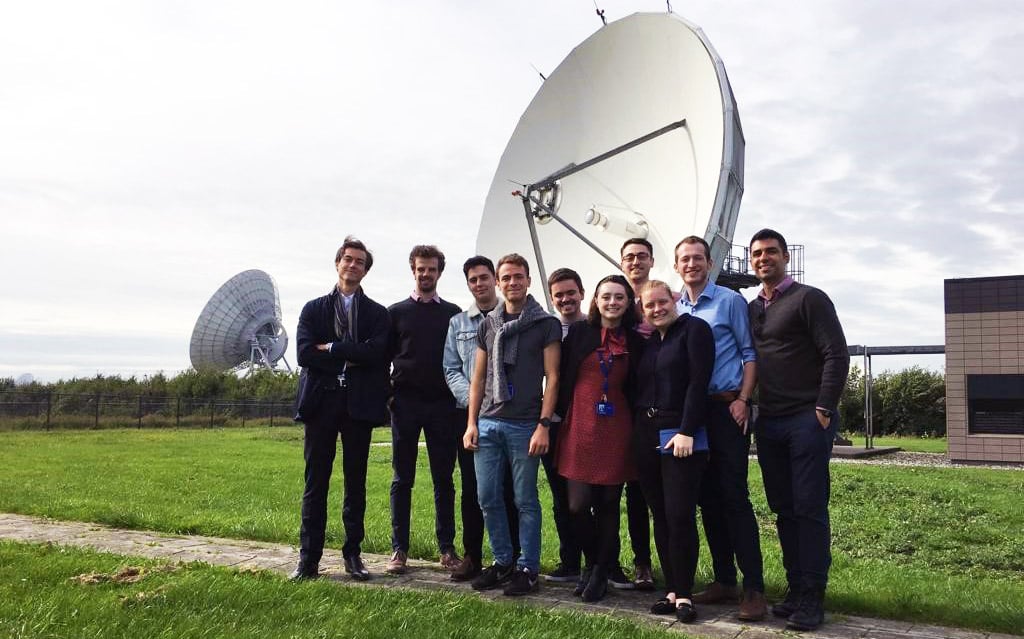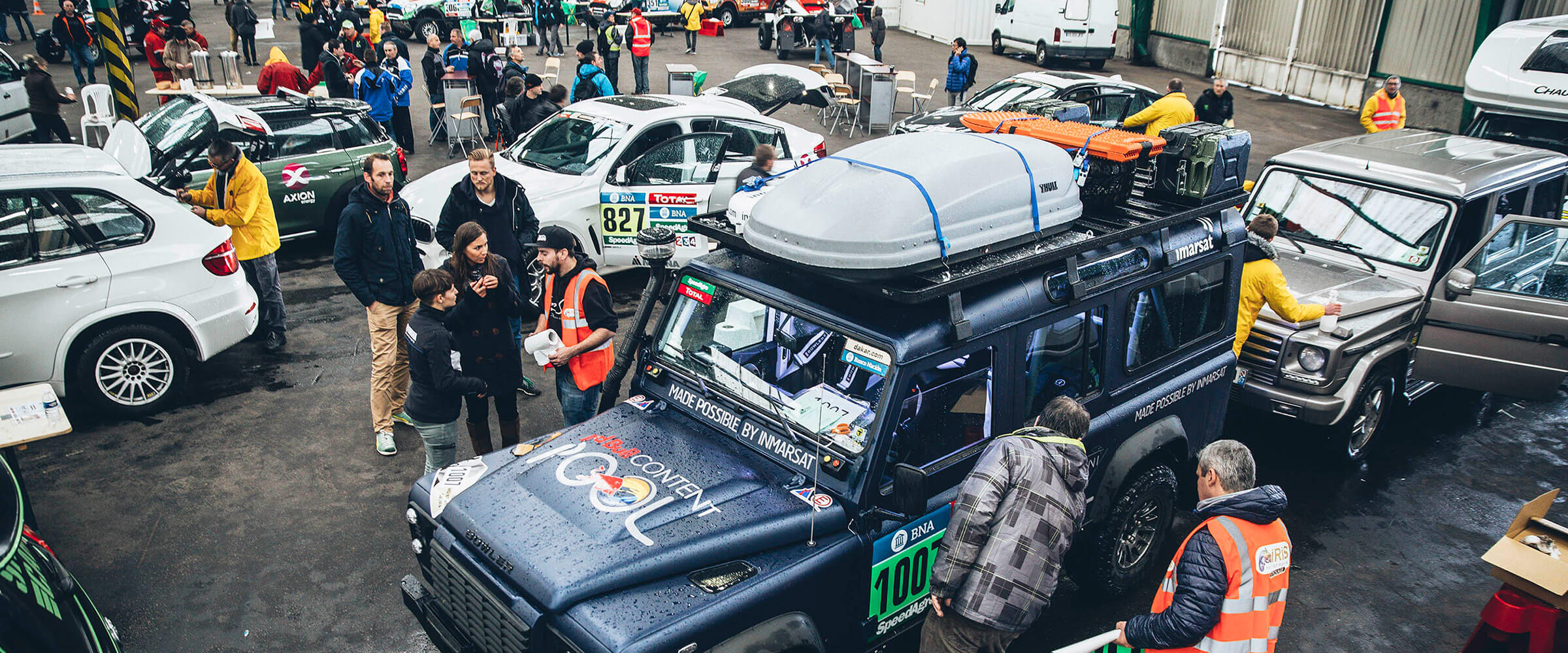Insight | Working at the forefront of space telecomms
Working at the forefront of space telecomms
Corporate
As Inmarsat launches its search for space engineers of the future for a third year in a row, Guillaume Marrakchi, an aerospace engineering graduate on the first Technology Development Programme, explains how he has been given an opportunity to take an active part in the new space era at Inmarsat.
I was one of the lucky five young graduates who joined the first generation Technology Development Programme (TDP) in 2015. So far, the TDP has given me the opportunity to work on challenging and fascinating projects at the forefront of space telecommunications, ranging from future space systems engineering to advance predictive traffic modelling simulations.
This was something I could only imagine doing as an aerospace engineering student back in university in Toulouse. Whilst there, I remember reading about the ‘new space era’ and about this thriving thirst for innovation in the space industry, especially in the domain of telecommunications. Now after only a year of rotations within Inmarsat, I definitely see this company as an exciting place to start a career and take an active part in this new era.
From spacecraft design to systems engineering
My first rotation was within the Space Segment division where I joined the Space Architecture team. This team is in charge of future space systems as well as the supervision of current satellite design, integration, test and launch.
On top of a strong expertise in spacecraft engineering, these guys have innovation running in their blood and I learnt a lot from them. The rotation gave me great exposure to different satellite manufacturers, and a better understanding of the complex process of spacecraft development, from the design phase all the way to having a launch-ready product. The rotation was very well supervised and I not only felt challenged, but also felt rewarded to know that the work I did really contributed to the team’s effort.
The second rotation brought me to the Product and Network Engineering division, in the Global Xpress Systems Engineering team, where I benefited from a broader view of the end-to-end telecommunications system.
I learnt a lot about the ground segment architecture and had a chance to put myself in the shoes of a Radio Access Network (RAN) systems engineer. Changing mind-set from focussing on the satellite to having a more holistic systems perspective was a truly enriching experience.
Rotating every six months over a two year period provides a unique opportunity to work in different environments with people from various backgrounds. It also gives all the graduates on the placement programme a strategic overview of Inmarsat’s technical divisions and helps us to see how these divisions interact with one another.
Rocket launches and start-up competitions
A tremendous effort has also been made to involve us in various non-technical projects in order to develop our business awareness and force us see beyond the technical aspects.
For example, we were invited to the finals of the SeedStars World competition in Geneva, where several start-ups from all around the world were competing for a space prize sponsored by Inmarsat and AP Swiss. We had the opportunity to meet and discuss with the entrants who, combining their technical innovations with new business models, may come to shape the space industry of tomorrow.
Another special moment was the launch of the Inmarsat 5-F3 satellite. Having the chance to watch it live from London’s headquarters was an intense experience, a mix between excitement and tension during which the whole company held its collective breath and then celebrated with huge cheers and applause following the successful launch. This event perfectly embodied the human dimension of Inmarsat: the people here are passionate about what they do!
They are also willing to share their knowledge: all the people I’ve worked with so far have made their time and brainpower available to help me learn the basics of their expertise.
Overall, I have learnt a lot during this first year and I would encourage any young graduate to join this dynamic community of engineers, based in the heart of the City of London.
About the author
Recently graduated from ISAE-Supaero (Toulouse, France) in aerospace engineering, Guillaume joined Inmarsat in July 2015 as a systems engineer, working on traffic and capacity modelling, supporting the design of Inmarsat’s next generation satellites.
Passionate about space applications and entrepreneurship, he recently won, with 3 other team-mates, London’s NASA Space Apps Challenge 2016, and the associated Kennedy Space Centre Challenge: Geotagging Space and Aviation.
In his free time, Guillaume is part of a French magician duo, Les Incompressibles, founded in 2011. They performed shows involving magic tricks and pyrotechnics in France, South America and South East Asia.


